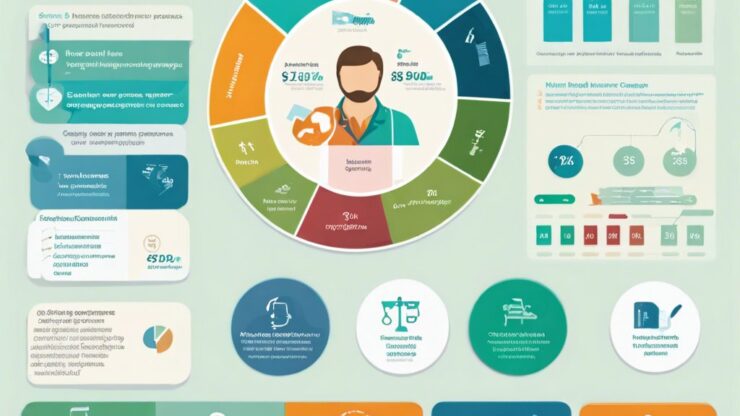In today’s fast-paced world, healthcare expenses have become a significant part of our financial planning. Understanding these costs is crucial for maintaining both physical well-being and financial stability. A well-structured budget that accounts for healthcare can safeguard against unexpected medical bills and ensure that necessary care is accessible without financial strain.
As medical advancements continue to evolve, the costs associated with healthcare also rise. It is essential to integrate these expenses into your basic budget plan to achieve a comprehensive financial strategy.
Healthcare costs can be broadly categorized into several types, each requiring careful consideration in your budgeting process. By understanding these categories, you can better anticipate your financial needs and avoid unexpected burdens.
- Insurance Premiums: Regular payments to maintain health insurance coverage.
- Out-of-Pocket Costs: Deductibles, co-pays, and co-insurance that you must pay when receiving medical services.
- Prescription Medications: Costs associated with necessary medications prescribed by healthcare professionals.
- Preventive Care: Routine check-ups, vaccinations, and screenings that help catch health issues early.
- Emergency Services: Costs incurred during unexpected medical emergencies, which can be substantial if not prepared for.
By identifying and understanding these categories, you can create a budget that effectively addresses your healthcare needs.
Budgeting for healthcare expenses requires strategic planning and proactive management. Implementing effective strategies can help you control costs while ensuring that you receive necessary medical care.
Consider the following tips for creating a healthcare budget:
- Evaluate Your Current Healthcare Plan: Review your insurance coverage to understand what is included and what additional costs you might face.
- Set Aside an Emergency Fund: Allocate funds specifically for unexpected medical expenses to avoid financial strain.
- Utilize Health Savings Accounts (HSAs): These accounts allow you to save for medical expenses with tax advantages.
- Prioritize Preventive Care: Regular check-ups can help avoid more significant health issues and costs down the line.
- Stay Informed: Keep abreast of changes in healthcare policies and costs to adjust your budget accordingly.
Implementing these strategies can lead to a more manageable and effective approach to healthcare budgeting, ultimately enhancing your financial health.
Disclaimer
This article has been created or edited with the support of artificial intelligence and is for informational purposes only. The information provided should not be considered investment advice. Please seek the support of a professional advisor before making any investment decisions.






